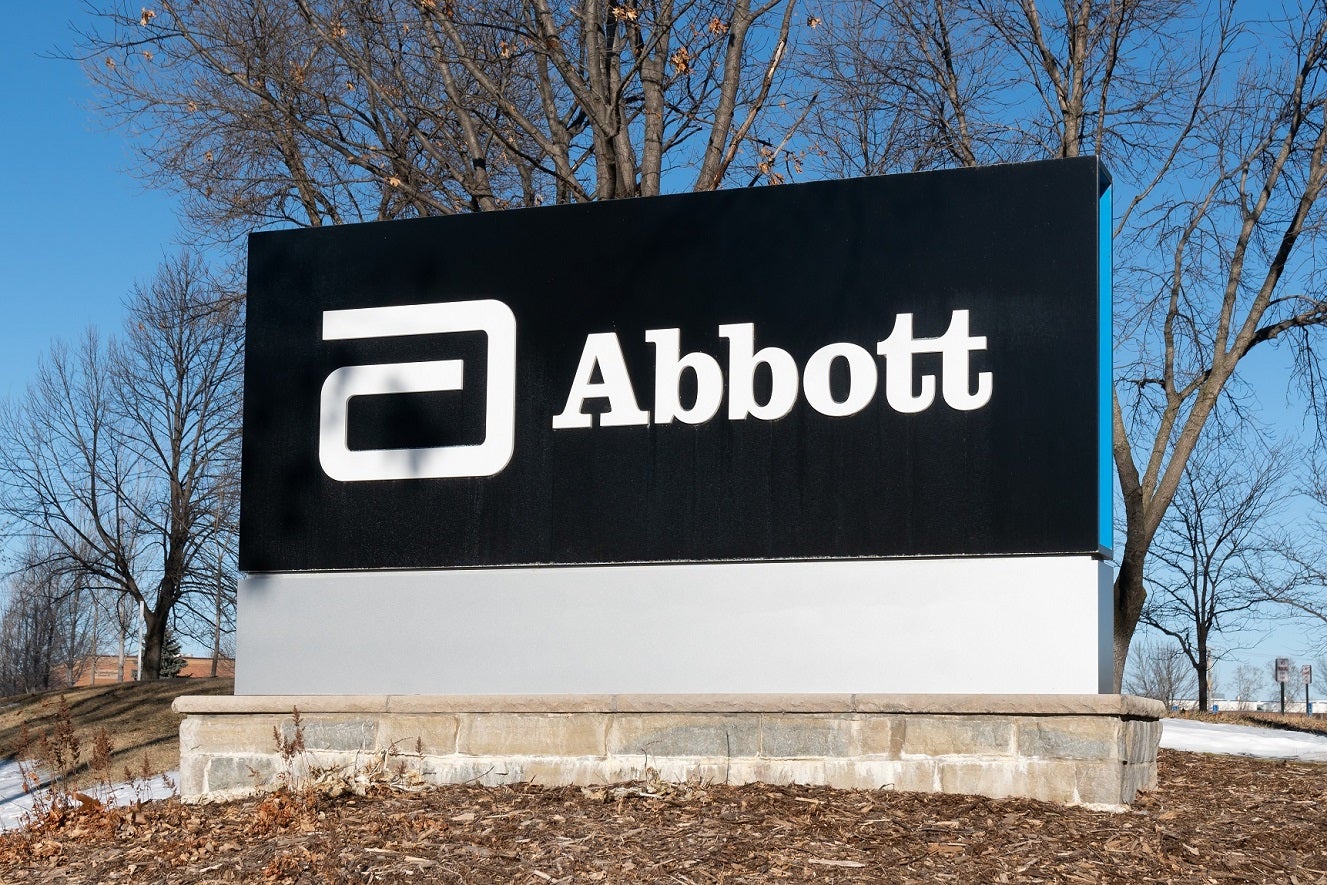
Abbott Laboratories has said production at its under-scrutiny infant-formula factory could start within a fortnight.
Output at the US group’s factory in Sturgis, Michigan stopped in February after a recall of infant formula.

Discover B2B Marketing That Performs
Combine business intelligence and editorial excellence to reach engaged professionals across 36 leading media platforms.
The recall came after four children who consumed infant formula made at the plant became sick from cronobacter sakazakii infections. Two of the children died. Abbott says the infections are not linked to formula manufactured at the facility.
However, the recall has led to shortages of specialised products critical in keeping some infants fed, sparking concern among parents.
According to US market researchers Datasembly, the percentage of formula out-of-stock in the US has reached at least 40%.
Last week, the FDA agreed for Abbott to release some of the specialist and metabolic products that were on hold following the recall.

US Tariffs are shifting - will you react or anticipate?
Don’t let policy changes catch you off guard. Stay proactive with real-time data and expert analysis.
By GlobalDataIn a statement on Wednesday (11 May), the company said “subject to FDA approval, we could restart the site within two weeks”.
It added: “We would begin production of EleCare, Alimentum and metabolic formulas first and then begin production of Similac and other formulas. From the time we restart the site, it will take six to eight weeks before product is available on shelves.”
Earlier this week, the FDA insisted it was working to “alleviate supply issues” in the market for specialist infant formula, including making it easier to import products into the US.
Yesterday, President Biden spoke with executives at infant-formula manufacturers Nestlé and Reckitt Benckiser to discuss the moves they are taking to address the shortage of products. The talks also involved retailers Walmart and Target.
According to the White House, the President was told Nestlé’s Gerber arm had increased “the amount of their infant formula available to consumers by approximately 50% in March and April”. Reckitt is “supplying more than 30% more product year to date”, it added.
US publication Politico has reported that the FDA had knowledge of the first case of illness in September. Politico says the agency was also warned about food-safety concerns at the Sturgis plant by a whistleblower in October.
Abbott says testing on finished products by the company and the US Food and Drug Administration during an inspection of the facility “came back negative for cronobacter and/or salmonella”. No salmonella was found at the Sturgis facility, the manufacturer says.
Abbott states that the cronobacter sakazakii found in environmental testing during the investigation was in “non-product contact areas of the facility and has not been linked to any known infant illness”.
However, the FDA’s inspection saw the regulator inform Abbott in March of areas where operations at the factory had to improve. The company said the watchdog provided “a list of observations that point out where Abbott did not follow our processes and where we can improve our systems and protocols”.
FDA Commissioner Robert Califf is scheduled to testify before the US Congress next week (19 May) on the agency’s response to the shortage of infant formula in the country.





